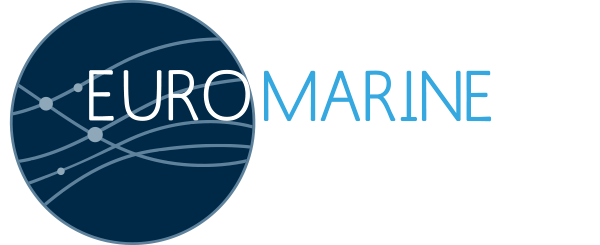EuroMarine involvement in IPBES
Since its inception, EuroMarine has seen the value in engaging with the marine community to improve the flow of science through to policy. As such, EuroMarine acts as a marine science resource and knowledge hub for the Intergovernmental Science-Policy Platform on Biodiversity and Ecosystem Services (IPBES). The IPBES is an intergovernmental body which assesses the state of biodiversity and of the ecosystem services it provides to society, in response to requests from decision makers. It aims to strengthen the science-policy interface for biodiversity and ecosystem services for their conservation and sustainable use, long-term human well-being and sustainable development. The IPBES works to achieve this through assessment, knowledge generation, policy support and capacity building.
Established in 2012, IPBES was founded by over 100 governments as a means to provide scientific information in response to requests from policy makers. The platform currently comprises of 126 member governments. The first IPBES work program was approved in 2014, and thousands of scientists worldwide currently contribute to the work of IPBES on a voluntary basis, including experts from EuroMarine member organisations. Experts are nominated by their government or an organisation and are selected by the Multidisciplinary Expert Panel. Peer review forms a key component, ensuring the work reflects a range of views, and is completed to the highest scientific standards.
The IPBES assessment of biodiversity and ecosystem services covers four regions (Europe and Central Asia; Africa; Americas; and Asia-Pacific) in six regional assessment chapters:
- Setting the scene
- Nature’s contributions to people and quality of life
- Status, trends and future dynamics of biodiversity and ecosystems underpinning nature’s contributions to people
- Direct and indirect drivers of change in the context of different perspectives on quality of life
- Integrated and cross-scale analysis of interactions of the natural world and human society
- Options for governance, institutional arrangements and private and public decision making across scales and sectors
As an official stakeholder in IPBES, EuroMarine looks to strengthen the representation of the Oceans and the marine in such global and regional reports. EuroMarine disseminates IPBES calls to its members and mobilises the marine community through the identification and nomination of authors.
What upcoming events/activities can EuroMarine members participate in?
Scientists can register as an IPBES Stakeholder to become part of an open registry of individuals or organisations who can benefit from or contribute to the implementation of the IPBES work programme, or who can motivate others to do so. By engaging the widest range of relevant stakeholders, IPBES will strengthen the science-policy interface.



